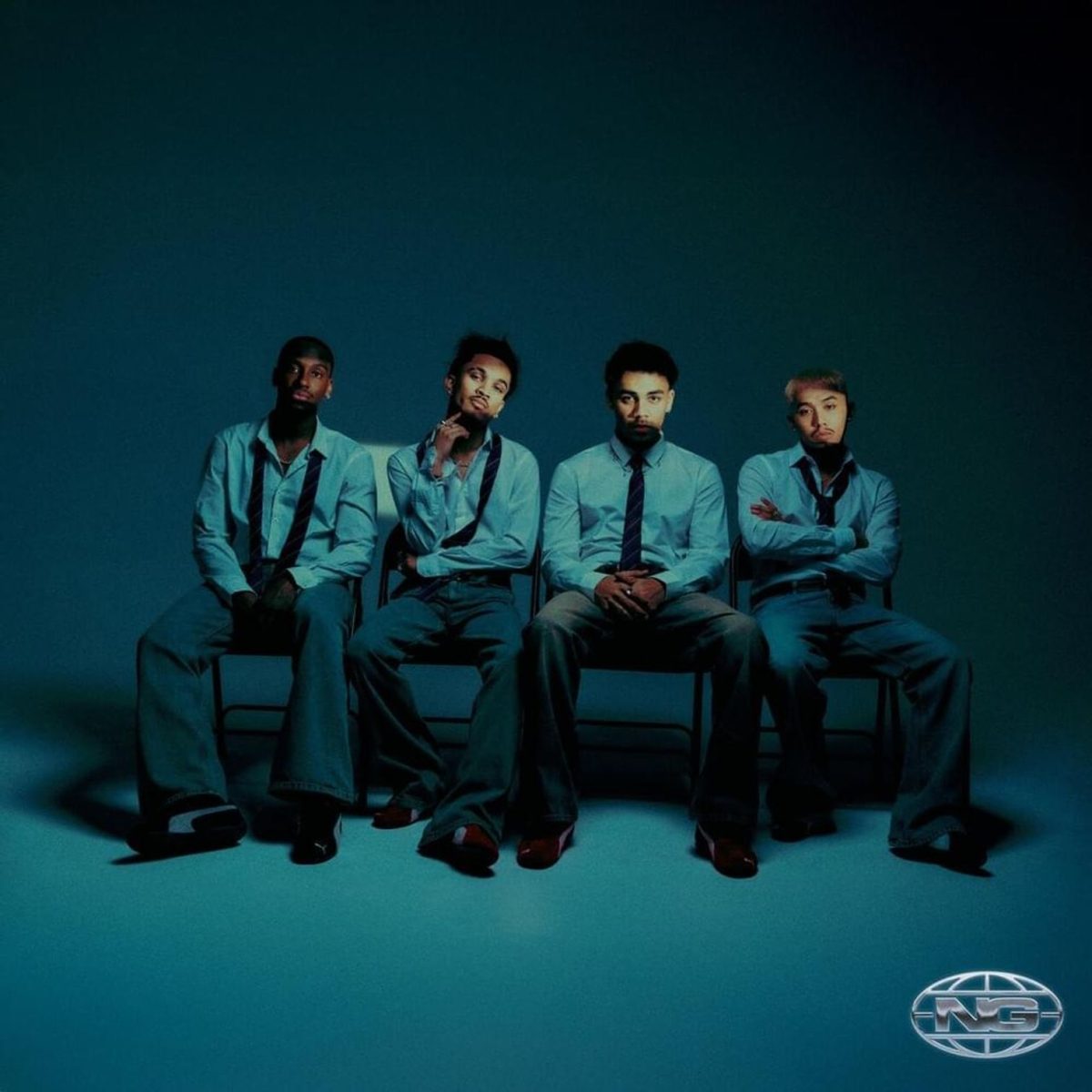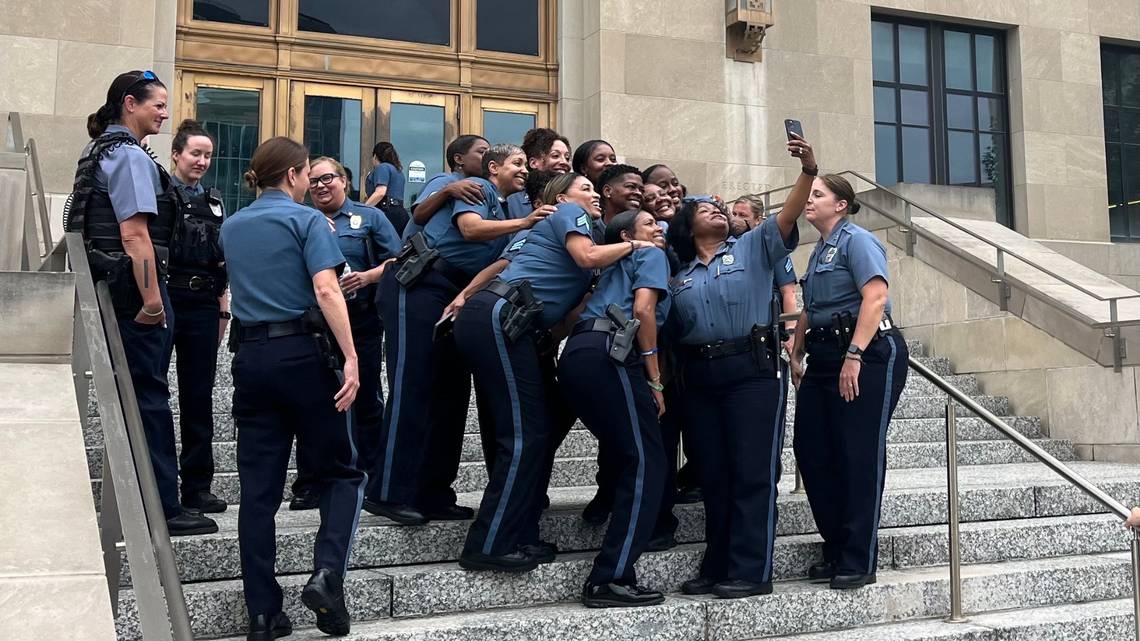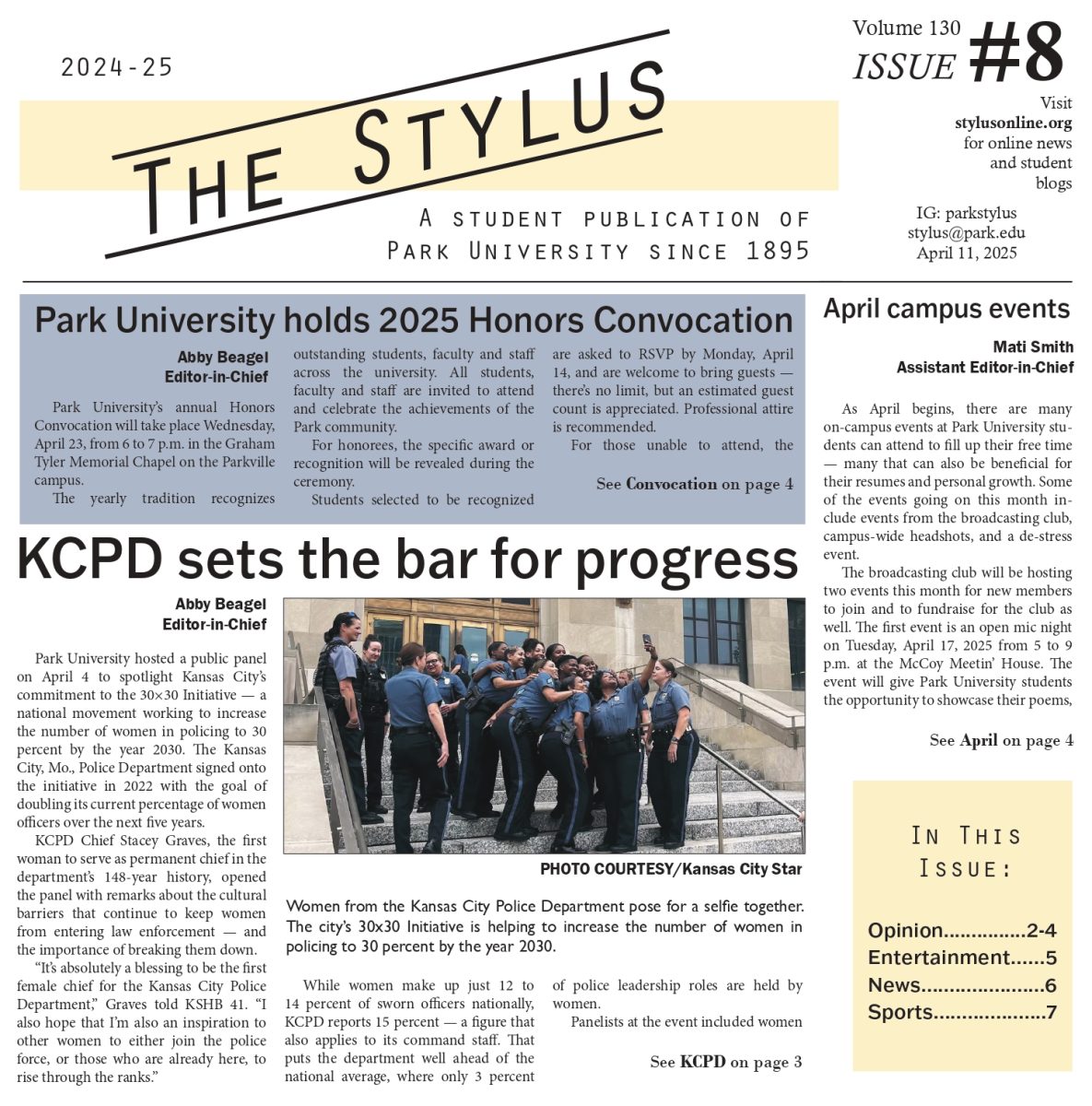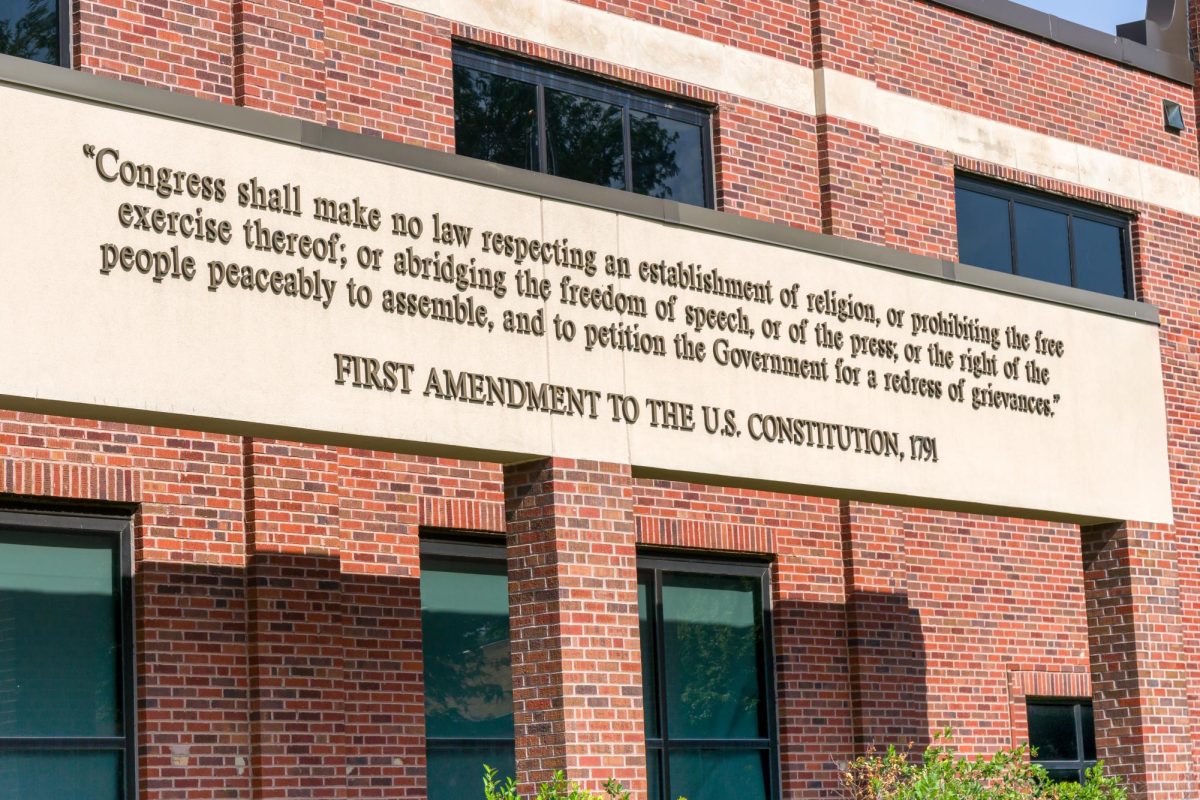Amidst the vibrant atmosphere of the Crossroads art district, the aftermath of the April 2 vote is something many had been anticipating. The proposed Royals Stadium in the Crossroads found itself at the center of a contentious debate, with revelations shedding light on the financial complexities of the project and sparking concerns among Kansas City residents.
In a report by KCUR, details emerged regarding the funding structure for the proposed stadium, pointing out the significant role of taxpayer dollars in its realization. According to the report, the total cost of the stadium project was estimated at $800 million, with the Kansas City Royals’ ownership group, led by John Sherman, committing to contribute a portion of the funding.
However, the bulk of the financial burden would have fallen on Jackson County taxpayers, who were slated to finance a substantial portion of the project through a sales tax increase. This revelation drew criticism from residents and advocacy groups, who questioned the allocation of public funds for a project spearheaded by private interests.
Moreover, the proposed stadium project had implications beyond its financial aspects, as it necessitated the demolition of several businesses and properties in the Crossroads area. The prospect of displacement and disruption to established communities sparked outcry among affected residents and business owners, who feared the potential loss of livelihoods and cultural heritage.
“The Crossroads is one of the only neighborhoods left in KC that’s almost exclusively locally owned and operated and full of independent businesses,” said Mat Adkins, owner of a boutique liquor shop, The Pairing, which would have been knocked down under the proposal. “Dropping a baseball stadium on top of it would have completely changed the culture of creativity that so many people have built over that time.”
As the debate intensified, stakeholders on both sides of the issue attempted to sway public opinion and influence the outcome of the April 2 vote. Proponents of the stadium project argued that it would stimulate economic growth, attract tourism and enhance the city’s sports infrastructure, while opponents raised concerns about taxpayer subsidies for private ventures and the negative impact on local communities.
With the fate of the proposed Royals Stadium having been decided by the vote on April 2, carrying a somewhat split decision with 58 percent voting “no” and 42 percent “yes,” the future of Kansas City continues to be a subject of questions about our city’s priorities, financial responsibility and community well-being.









